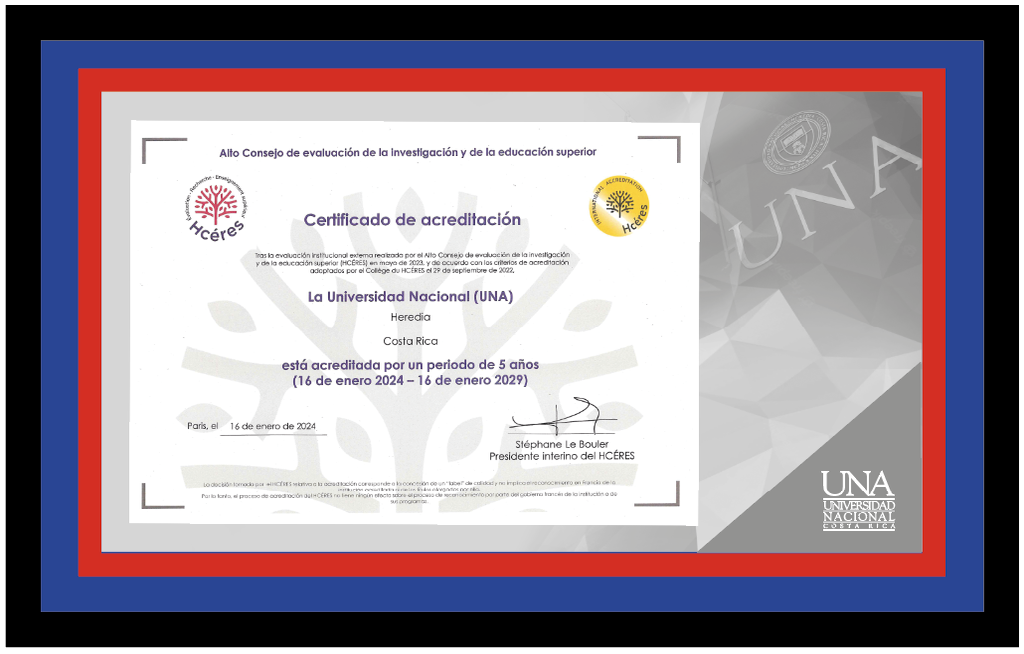
Jorge Herrera Murillo, President Universidad Nacional, Costa Rica
The Universidad Nacional (UNA) is promoting the implementation of a new foresight planning model, which will introduce innovative elements that will shape the vision of the Necessary and Humanist University for the next twenty years. We are aware that we are facing a new development paradigm, in which the workforce will be replaced and displaced. In this context, there is no doubt about the potential of the UNA to respond to the need for complementarity and increased human capacity in its substantive areas of action.
As a result of the national and international emergency caused by the pandemic (Covid-19), the Universidad Nacional has adopted a series of contingency measures that that have changed the way in which some processes are carried out: courses began to be developed through distance learning, the teaching methodology and evaluation had to be adapted to the new conditions. It was also necessary to assess the need for major adjustments in research and outreach programs, projects, and academic activities.
Looking ahead to the next twenty years, the Universidad Nacional seeks to consolidate a governance exercise closely linked to an integral model of university organization and management that is inclusive, focused on the full exercise of university autonomy and democratic values, solidarity and justice as benchmarks for coexistence among the members of the university community".
The UNA aims to ensure the relevance of a financially sustainable substantive activity through the efficient management of State resources, complemented by its own resources, under the principles of quality and innovation, transparency, technological transformation, and regulatory reform. The centralized information and indicator system contributes to the monitoring of the strategic prospective planning process and the various institutional evaluation processes, with the central objective of enhancing the public value of the institution.

We intend to continue strengthening a strong link, coordination and cooperation, within the possibilities of university autonomy, with the different social, productive, and academic sectors, and the public institutions, with the firm intention of promoting joint actions in plural reflection, relevant contributions and the search for innovative solutions to structural and emerging problems, with a perspective on the territories, the region and the planet. Epistemological diversity and scientific evidence are central to decision-making, but also to influencing public agendas, through the active facilitation of the production of cultural and artistic goods, the transfer of scientific and technological knowledge, as well as the training of integral professionals to contribute to social transformation and sustainable, inclusive and equitable human development.
The decision to carry out the exercise of institutional planning with a forward-looking strategic approach seeks to implement the different modalities of the substantive action of the Universidad Nacional with social relevance, innovation, transdisciplinarity, transversality and excellence, expressed in the highest standards of quality. We remain committed to the training of thinkers, scientists, artists and, in general, professionals with a humanist vision, as required by our Costa Rican society and beyond our borders.


